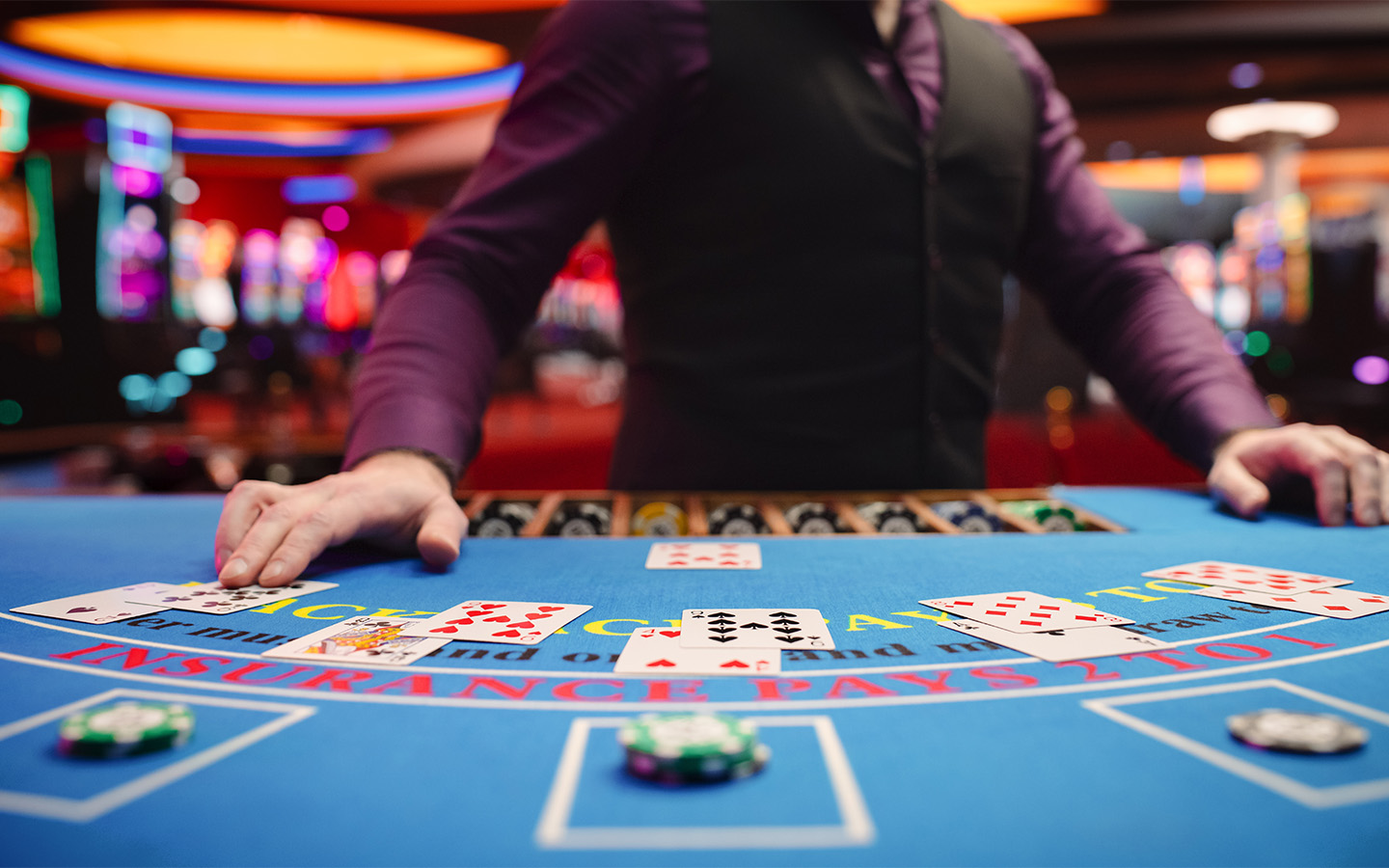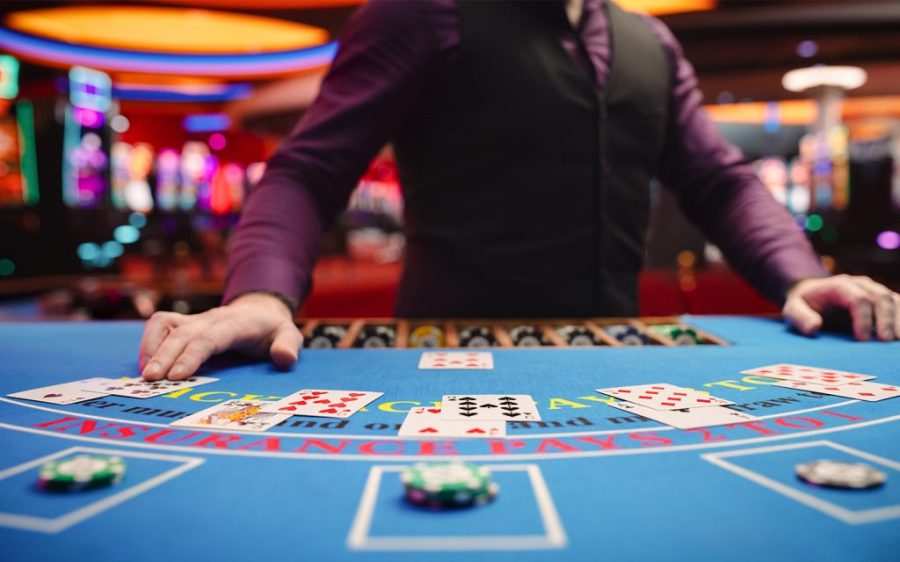The number of registered gambling addicts reached a new high in Macao last year, with data from the Social Welfare Bureau revealing that the government was aware of 208 cases in 2024, an increase of 23 percent year-on-year.
The current total represents the highest number of cases since records began in 2011. The year 2023 saw the second highest number, hitting a total of 169. This was followed by 2017’s 157.
Despite the overall increase, the proportion of local gambling addicts dropped by around 5.7 percent, from 69.23 percent in 2023 to 58.65 percent in 2024.
In contrast, the share of non-local individuals identified as problematic gamblers grew from 30.77 percent to 41.35 percent between 2023 and 2024.
Mainland Chinese tourists made up the vast majority of non-locals on the register, with 32.7 percent of such individuals holding either a Hong Kong and Macao Travel Permit or a Chinese passport. Blue card holders were a distant second, accounting for only 4.33 percent of the total.
[See more: Stress level among Macao’s casino workers are growing, trade union says]
Problem gamblers in Macao spanned different age groups, although the greatest number of identifiable cases in 2024 were found in the 30 to 39 age bracket, which made up 23.56 percent of the total. Those between 18 and 29 years were in second place, registering a value of 13.94 percent.
The youngest individual with a gambling disorder was 16 years old, while the oldest was 77 years of age. Overall, the average age of cases was listed as 40.37 years old.
As for the reasons for betting, nearly 24 percent of compulsive gamblers said that it was to deal with financial difficulties. Some 19.71 percent attributed it to entertainment, while 18.76 percent stated that it was a means to relieve boredom and stress. Another 17.34 percent indicated that they were gambling for the thrill.
In order to address problematic youth gambling, which reached levels as high as 28.92 percent during the Covid-19 pandemic period, Wu I Mui, the chief of the Social Welfare Bureau’s Problem Gambling Prevention and Treatment Division, told reporters that the authorities hoped to raise awareness and develop “a correct value system” through schools.
Meanwhile, the Macao Federation of Trade Unions and local casino operator MGM are set to launch a responsible gaming campaign between September and November, which will feature training, a carnival and community activities that are expected to attract around 4,000 people.






